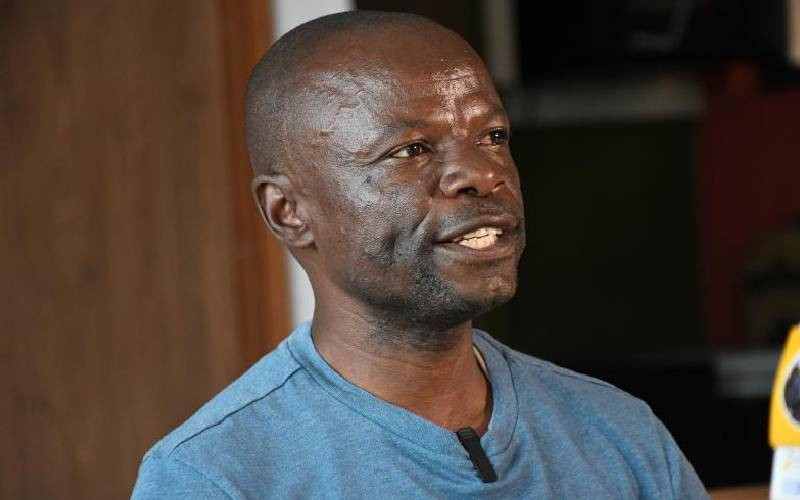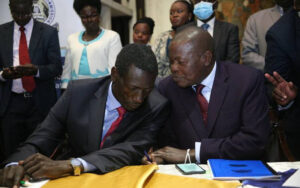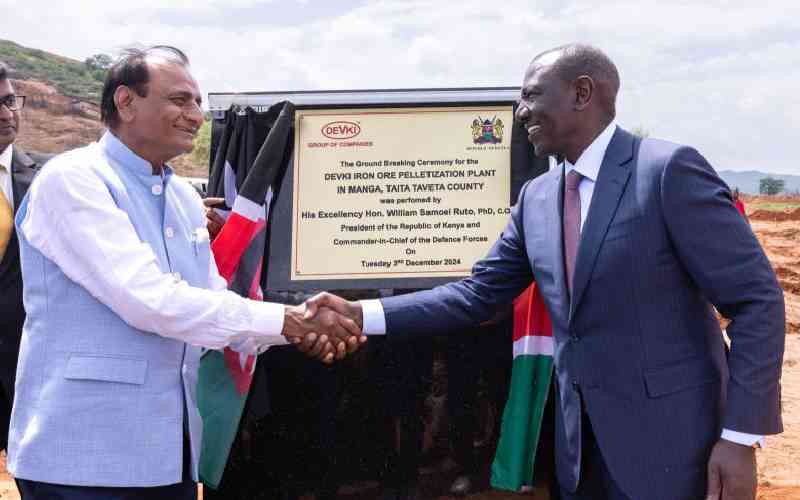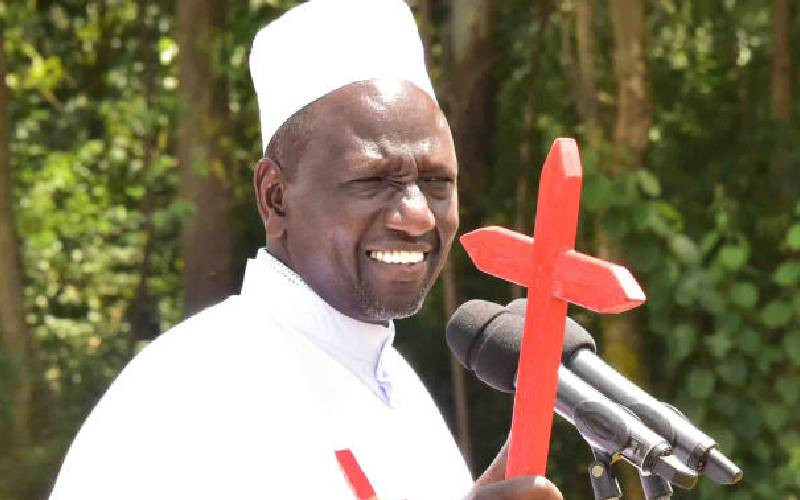Nakuru civil rights activist Laban Omusundi has moved to the High Court, seeking a two-term limit for Members of Parliament and ward representatives.
Omusundi has sued the National Assembly, the Attorney General, and the Independent Electoral and Boundaries Commission.
He wants the High Court to declare that serving as an MP or Member of the County Assembly (MCA) for more than two terms is contrary to principles of good governance and democracy outlined in Article 10 of the Constitution.
Omusundi argues that the absence of term limits creates an unequal class of elected leaders, as the President, Governors, and Senators are all subject to two-term limits. He requests that the court restrain the IEBC from allowing any individual to run for these positions if they have already served two terms.
He seeks to compel the National Assembly to take legislative measures to impose a two-term limit for MPs and MCAs. The petition also asks the court to declare the National Assembly’s refusal to process Omusundi’s petition, filed on October 28, 2024, as unconstitutional, null, and void.
Omusundi contends that limiting the terms of MPs and MCAs would promote equality, accountability, good governance, integrity, and transparency. “Renewing leadership will encourage fresh ideas, diversity, and youth leadership. It will discourage the entrenchment of power and corruption, upholding the sovereignty of the people through elections,” he asserts.
He argues that unlimited terms in Parliament foster political incumbency, erode fair competition, and hinder opportunities for leadership renewal.
The activist calls on the court to uphold the principle of constitutional supremacy, guard against the abuse of legislative power, and protect democracy and the public interest.
“I believe that all leaders must be held to the same legal standards. The court should initiate the necessary legal reforms to enforce term limits for all elected political leaders,” he states.
Omusundi argues that the Constitution established a transformative democracy based on transparency, citizen participation, and accountability.
He insists that while individuals who have served two terms would still be eligible to run for the same seat, they would have opportunities to vie for different political positions.
“Prolonged tenures without rotation risk institutionalizing personal political interests over public service, undermining the ethical standards expected of state officers,” he argues.
The Constitution is silent on the issue of parliamentary term limits.
According to Omusundi, this lack of clarity has created a structural gap that allows for indefinite retention of political office, often based on personal networks rather than performance.
Stay informed. Subscribe to our newsletter
He cites the African Charter on Democracy, Elections, and Governance, ratified by Kenya in 2012, which encourages states to promote a democratic culture, including periodic leadership renewal.
Omusundi argues that the absence of term limits undermines national values by encouraging careerism, reducing accountability, and discouraging youth and women from seeking office.
“Re-election to the same position leads to the monopolization of public offices, weakens parliamentary oversight, and entrenches political patronage,” he concludes.

























